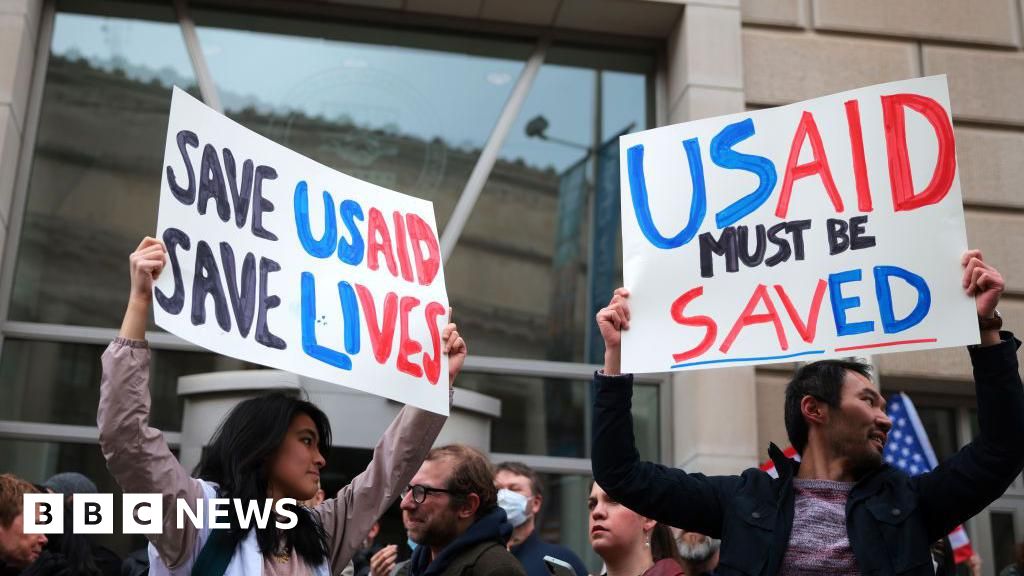ARTICLE AD
468x60 AD AFTER 4 POSTS
The secret order reportedly requires the tech giant to provide a backdoor to encrypted cloud data
The UK government has issued a “technical capability notice” to Apple, compelling the tech giant to create a backdoor to its encrypted iCloud service, the Washington Post reported on Friday. The move would enable UK law enforcement and security agencies to access encrypted data stored by Apple users worldwide, according to the newspaper.
The UK’s Investigatory Powers Act (IPA), referred to by critics as the “Snoopers’ Charter,” grants authorities the power to mandate that tech companies permit access to users’ data for investigative purposes. It also makes it a criminal offense to reveal that the government has made such a demand. The recent notice requires Apple to provide a means for decrypting user data. It is currently protected by end-to-end encryption, ensuring that only users can access their information.
Creating such backdoors could weaken overall security and set a dangerous precedent, according to Daniel Castro, vice-president of the US-based Information Technology and Innovation Foundation. In a statement on Friday, he has described the UK’s move as an “unjustified over-reach that threatens the security and privacy of individuals and businesses around the world.”
Read more EU mulls expanding digital surveillance over every citizen – media
EU mulls expanding digital surveillance over every citizen – media
Last March, in a submission to the a parliamentary committee, Apple expressed concern that the IPA could be used to force companies to “break encryption by inserting backdoors into their software products.” Apple asserted that it “would never build a backdoor” and would rather withdraw “critical safety features” from the UK market affecting the security of British users’ data.
Ross McKenzie, a data protection partner at law firm Addleshaw Goddard, told the Guardian that the UK order could lead to a clash with the EU, potentially affecting agreements that allow the free flow of personal data between the UK and Europe.
UK security officials argue that encryption can hinder efforts to combat crime and terrorism. “Maintaining proportionate, lawful access to such communications in the face of ever-more prevalent encryption is sometimes our only means of detecting and understanding these threats,” Ken McCallum, head of the UK’s domestic intelligence agency MI5, stated last October. He believes that “privacy and exceptional lawful access can coexist if absolutist positions are avoided.”
The UK Home Office has declined to confirm or deny the existence of the notice, stating, “We do not comment on operational matters,” according to The Guardian.
Read moreApple has long defended the encryption of its operating systems, notably challenging the FBI in court in 2016 over a demand for a “backdoor” to access the iPhone of a suspect in the San Bernardino, California, terrorist attack. In legal filings, Apple argued that the US government was requesting something it did not possess and that creating such a tool would be “too dangerous.”
The FBI eventually unlocked the phone using an Israeli spy tool, though it reportedly found nothing of value. Later revelations showed that other Israeli spyware, called Pegasus, had been used to hack tens of thousands of iPhones worldwide, targeting journalists, dissidents, and even heads of state.

 3 hours ago
1
3 hours ago
1








 Bengali (BD) ·
Bengali (BD) ·  English (US) ·
English (US) ·